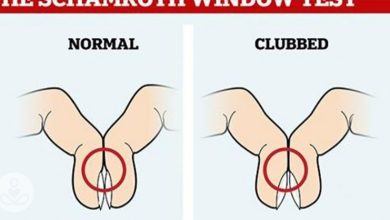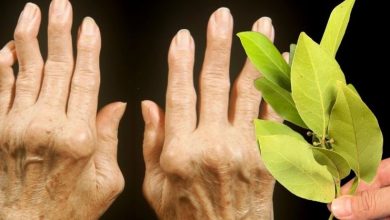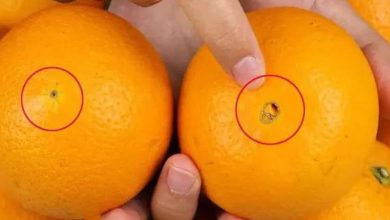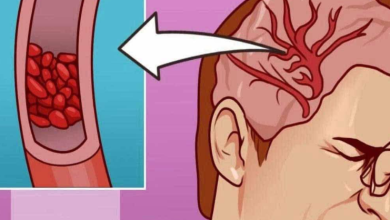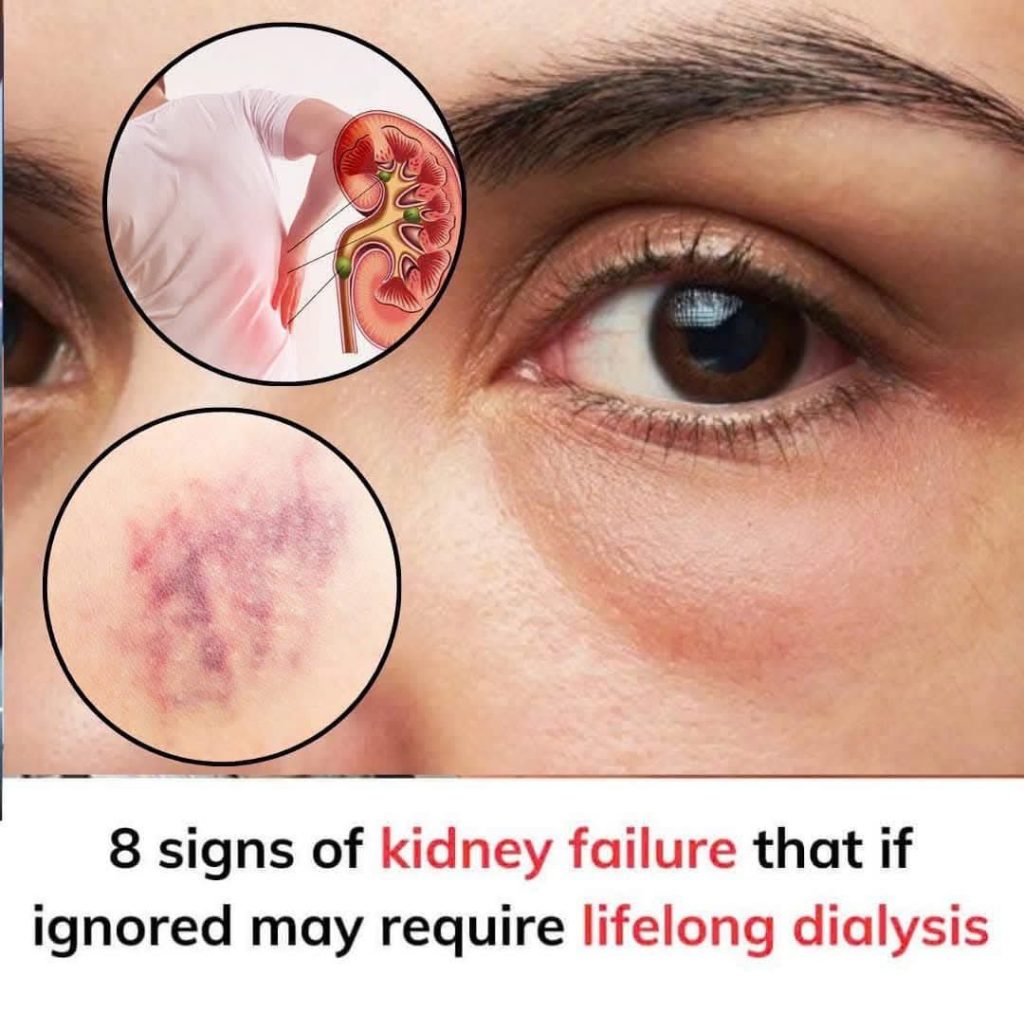
Kidney disease is a serious condition affecting millions worldwide. When the kidneys are damaged, they struggle to filter waste and maintain fluid balance. Early detection is crucial to prevent complications.
Fortunately, your body sends warning signs when something is wrong. Paying attention to these signals and seeking medical help promptly can make a significant difference. Stay informed, listen to your body, and protect your kidney health.
1. Changes in Urination
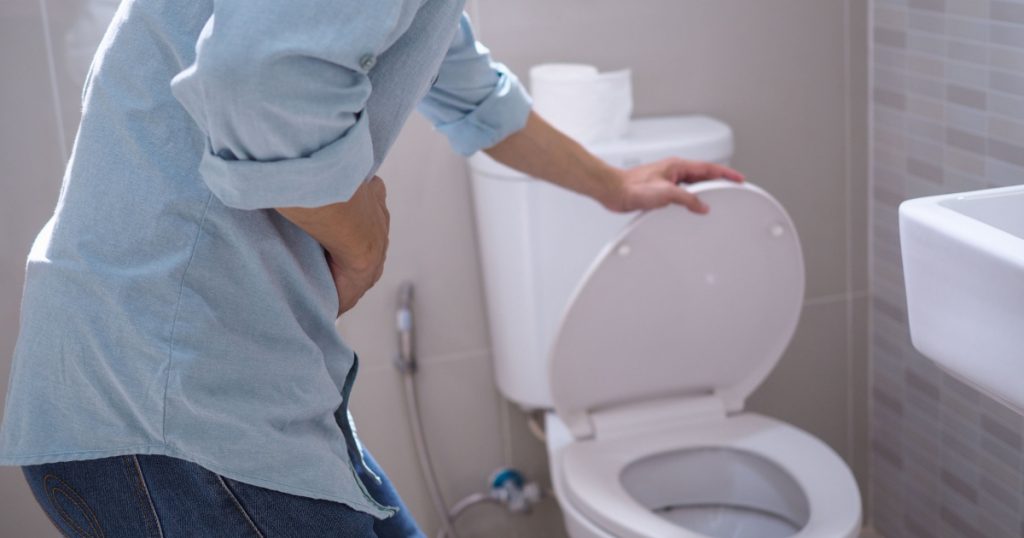
One of the first signs of kidney disease is a noticeable difference in urine patterns. You may find yourself urinating more frequently, especially at night, or experiencing reduced urine output. Additionally, your urine may appear foamy or bubbly.
2. Constant Fatigue and Weakness

Damaged kidneys struggle to produce erythropoietin (EPO), a hormone responsible for red blood cell production. This can lead to anemia, which causes persistent tiredness, weakness, and difficulty focusing.
3. Unexplained Swelling (Edema)
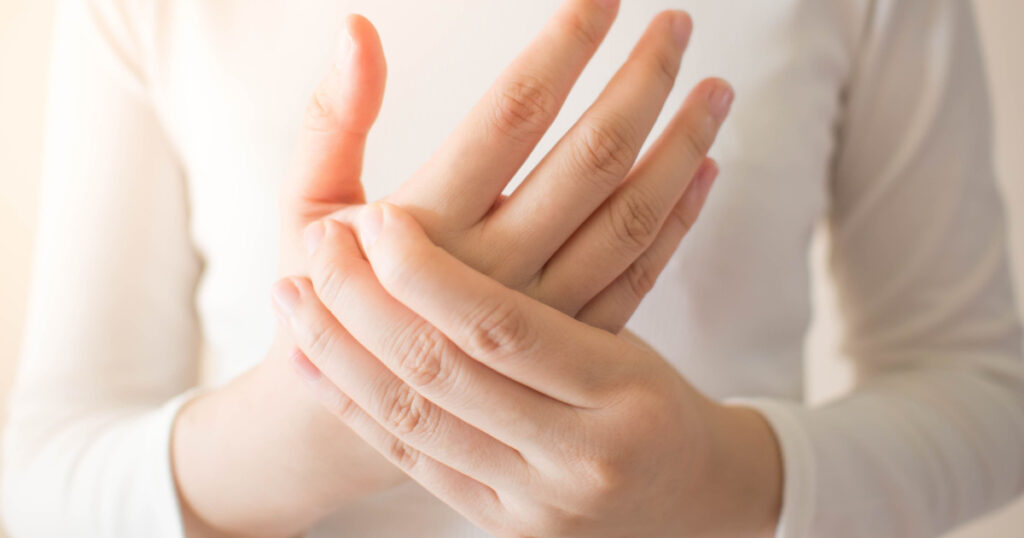
When the kidneys fail to remove excess fluid, it can accumulate in the body, leading to swelling in the feet, ankles, hands, face, or abdomen.
4. Lower Back Pain
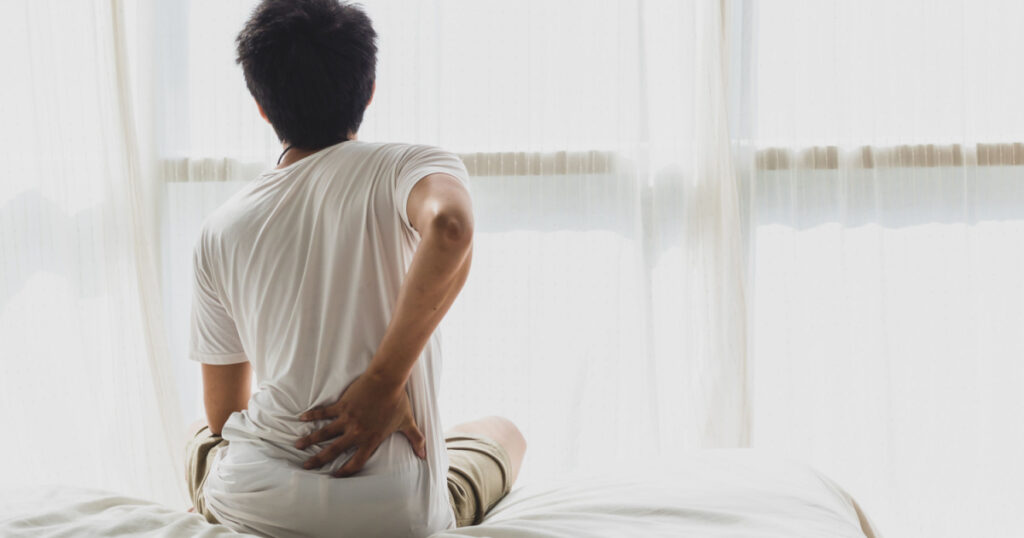
Kidney disease can cause persistent pain just below the ribcage, often on one or both sides of the back. This pain is sometimes linked to kidney infections or stones.
5. Loss of Appetite and Sudden Weight Loss
A buildup of toxins in the body due to poor kidney function can cause loss of appetite and unintended weight loss.
6. Nausea and Vomiting
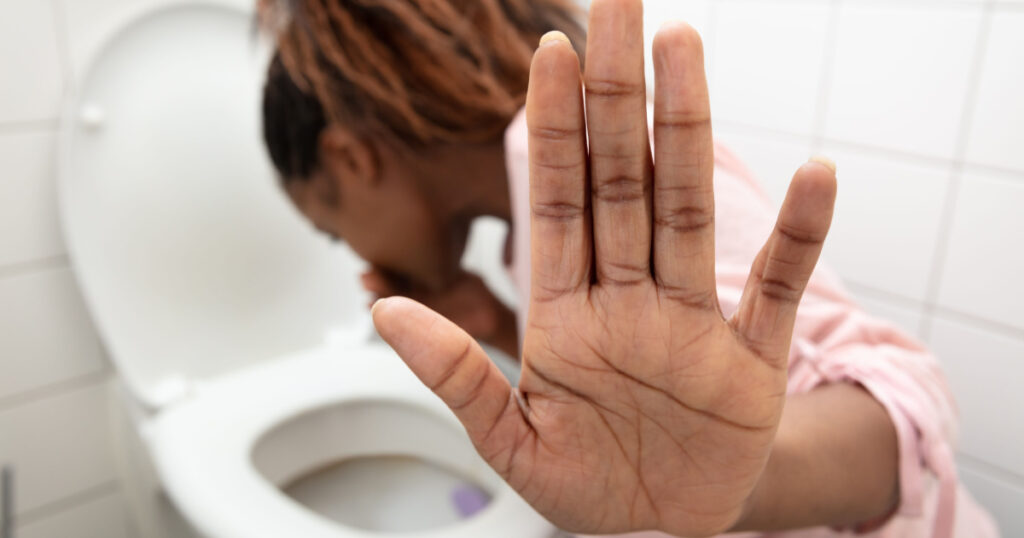
Toxin accumulation in the bloodstream can trigger nausea and frequent vomiting, particularly in the morning or after meals.
7. Difficulty Sleeping
Many people with kidney disease struggle with insomnia, which can be caused by muscle cramps, restless leg syndrome, or frequent nighttime urination.
8. Metallic Taste in the Mouth
A constant metallic or ammonia-like taste in your mouth can indicate kidney problems, as waste buildup in the blood can affect your sense of taste.
When to See a Doctor
These symptoms may not always mean you have kidney disease, but if you notice multiple signs, it’s important to consult a healthcare professional for further testing and early intervention. Early diagnosis can prevent complications and improve overall kidney health.
Prevention is Key
Protecting your kidneys starts with a healthy lifestyle—eat well, exercise, stay hydrated, limit alcohol, and get good sleep. If you smoke, consider quitting. Be mindful of medications and follow dosage instructions carefully.
If you’re at risk, get your kidneys tested. Early detection and timely treatment are crucial in preventing kidney disease. Don’t wait until it’s too late!


